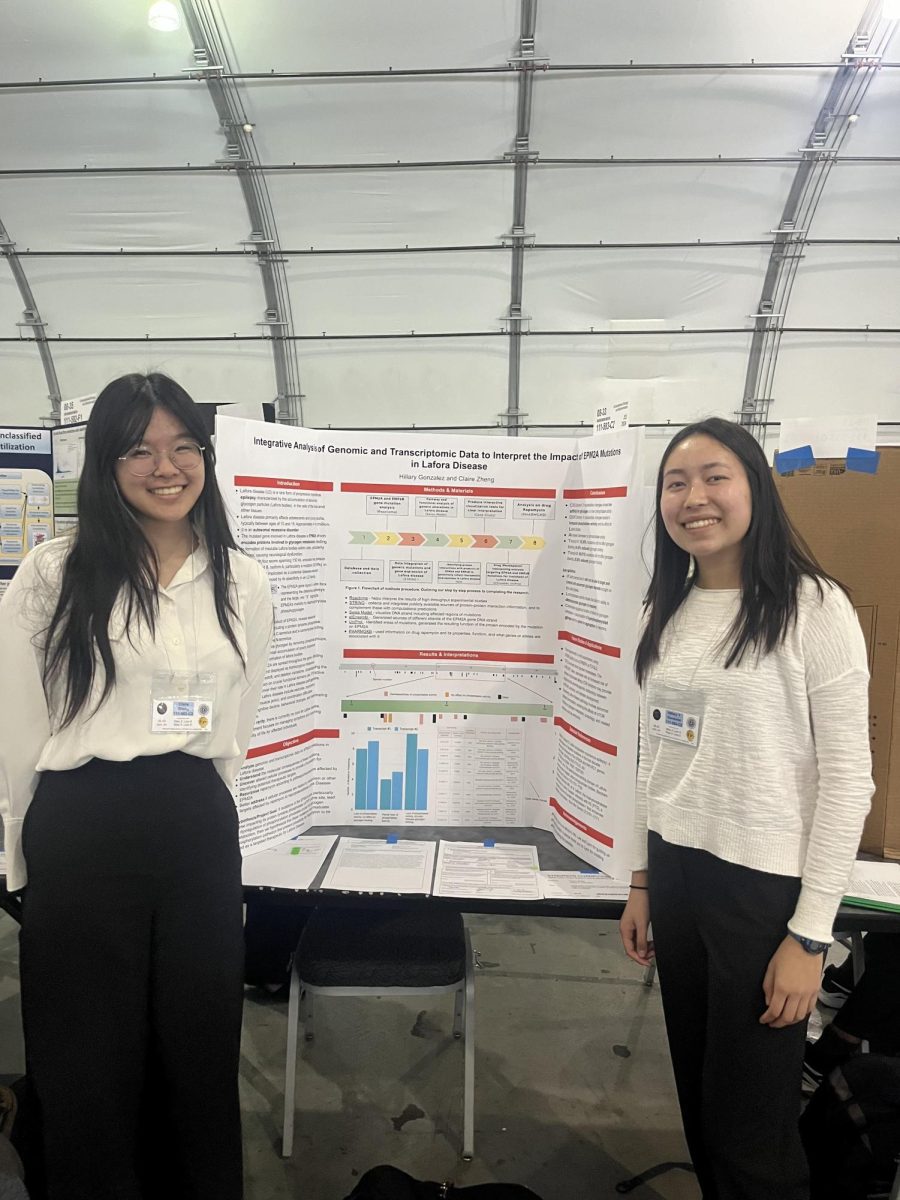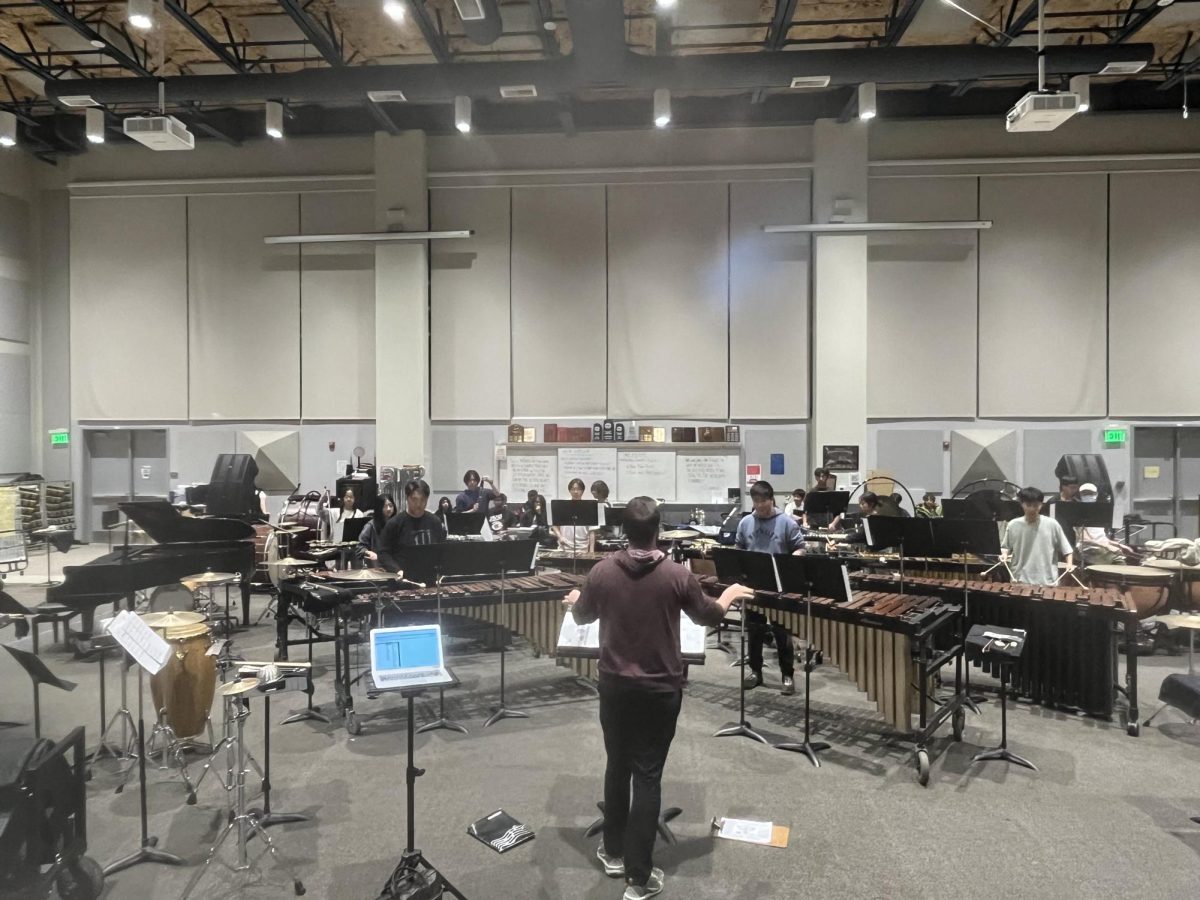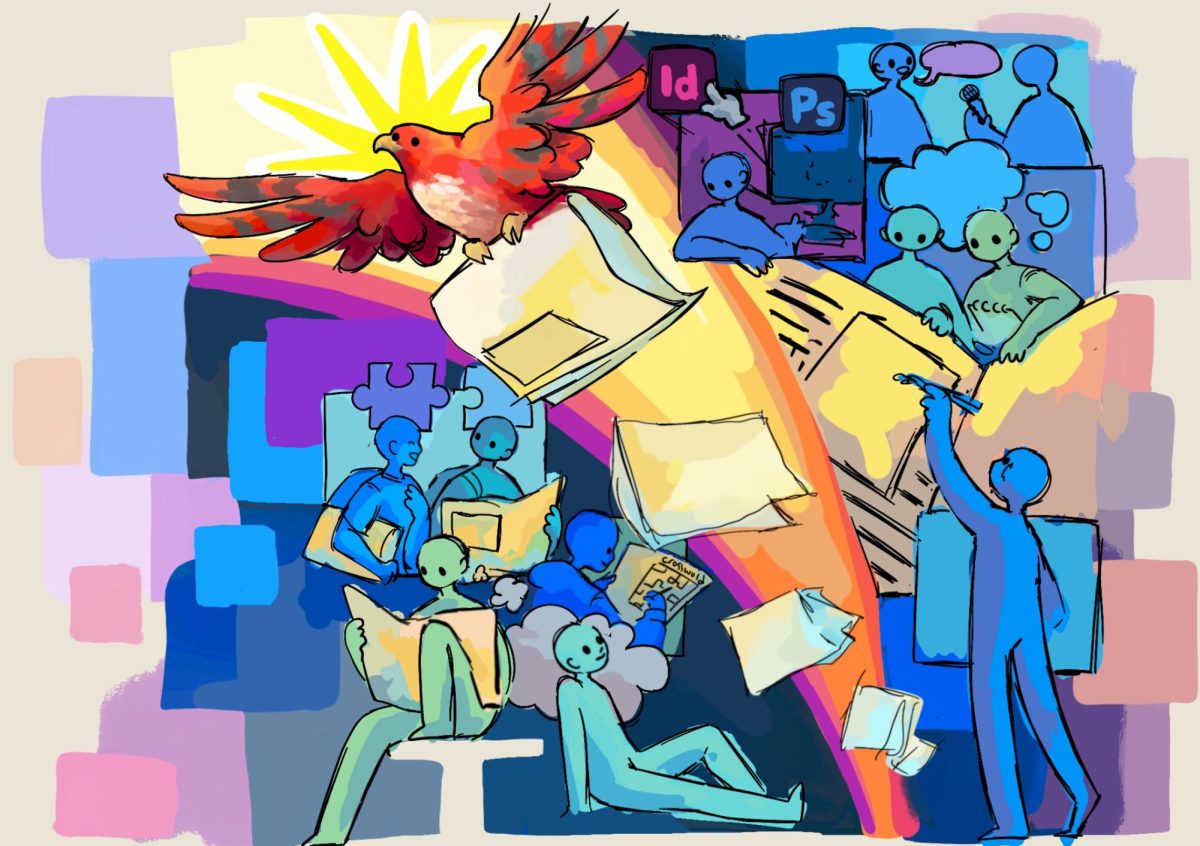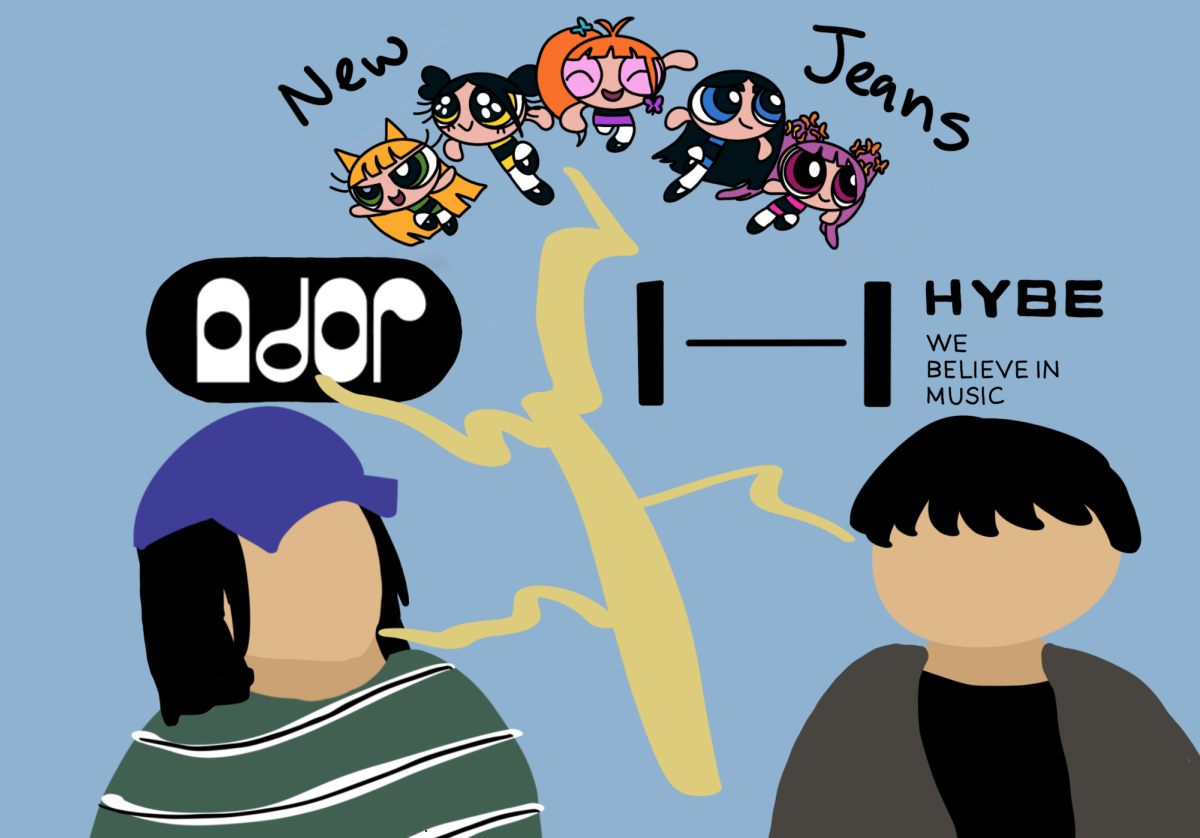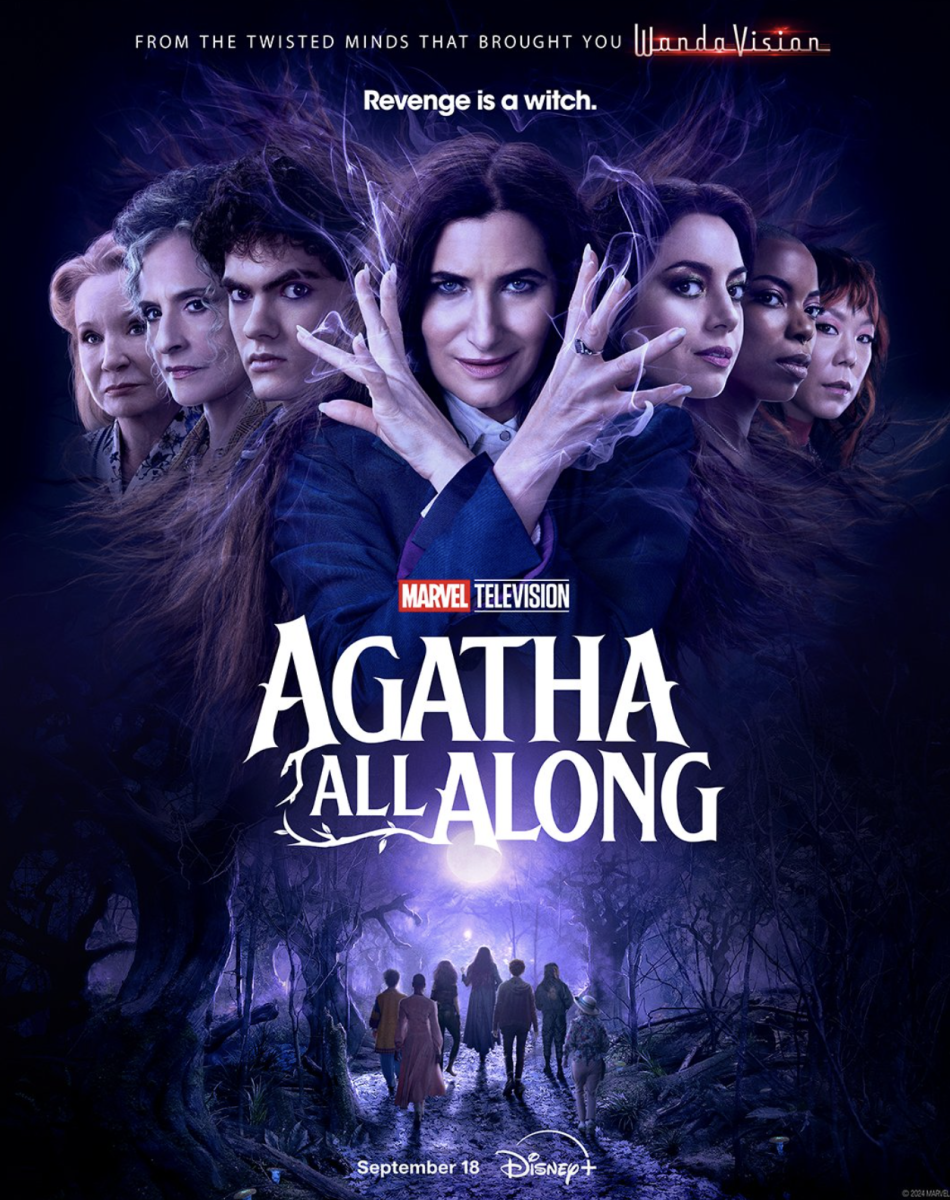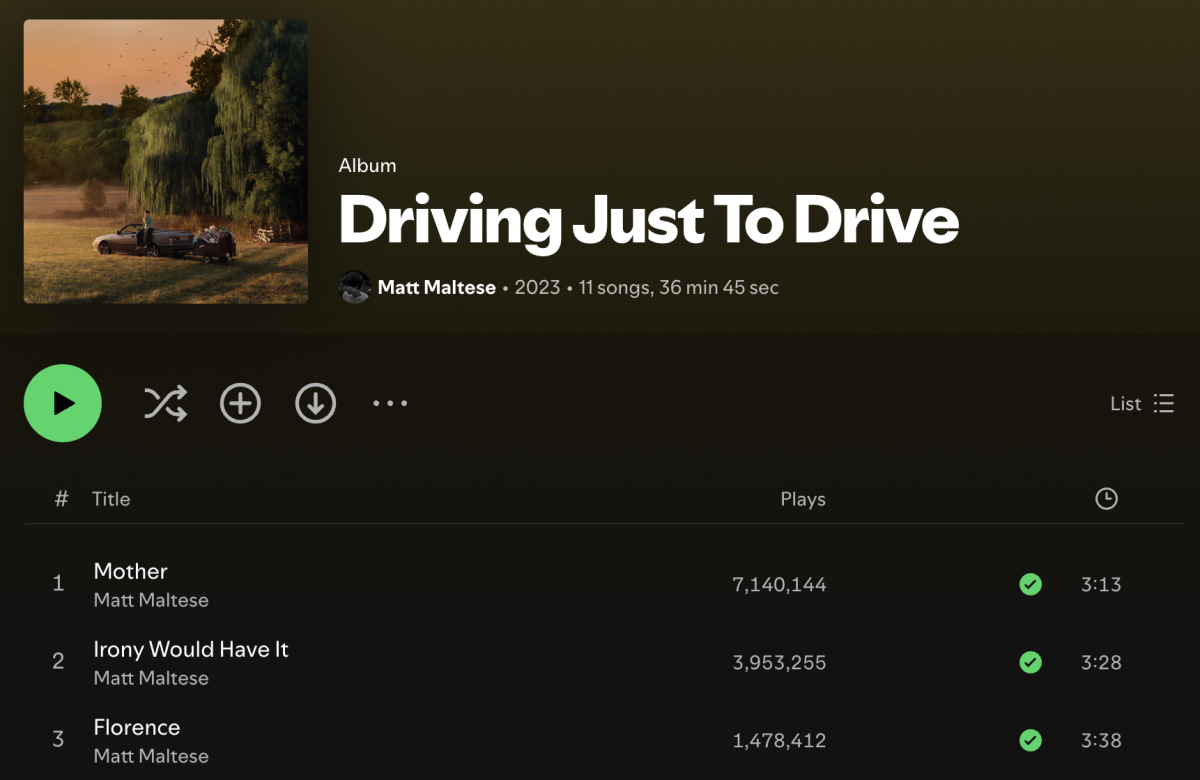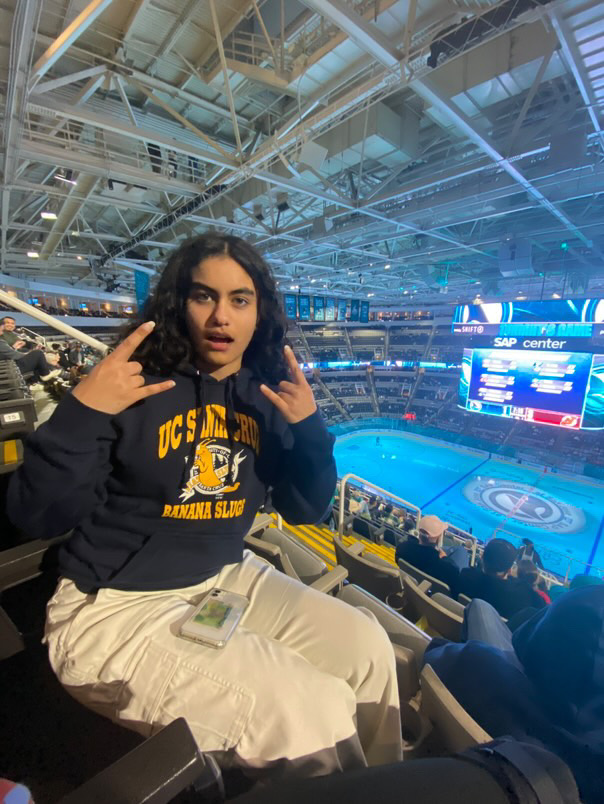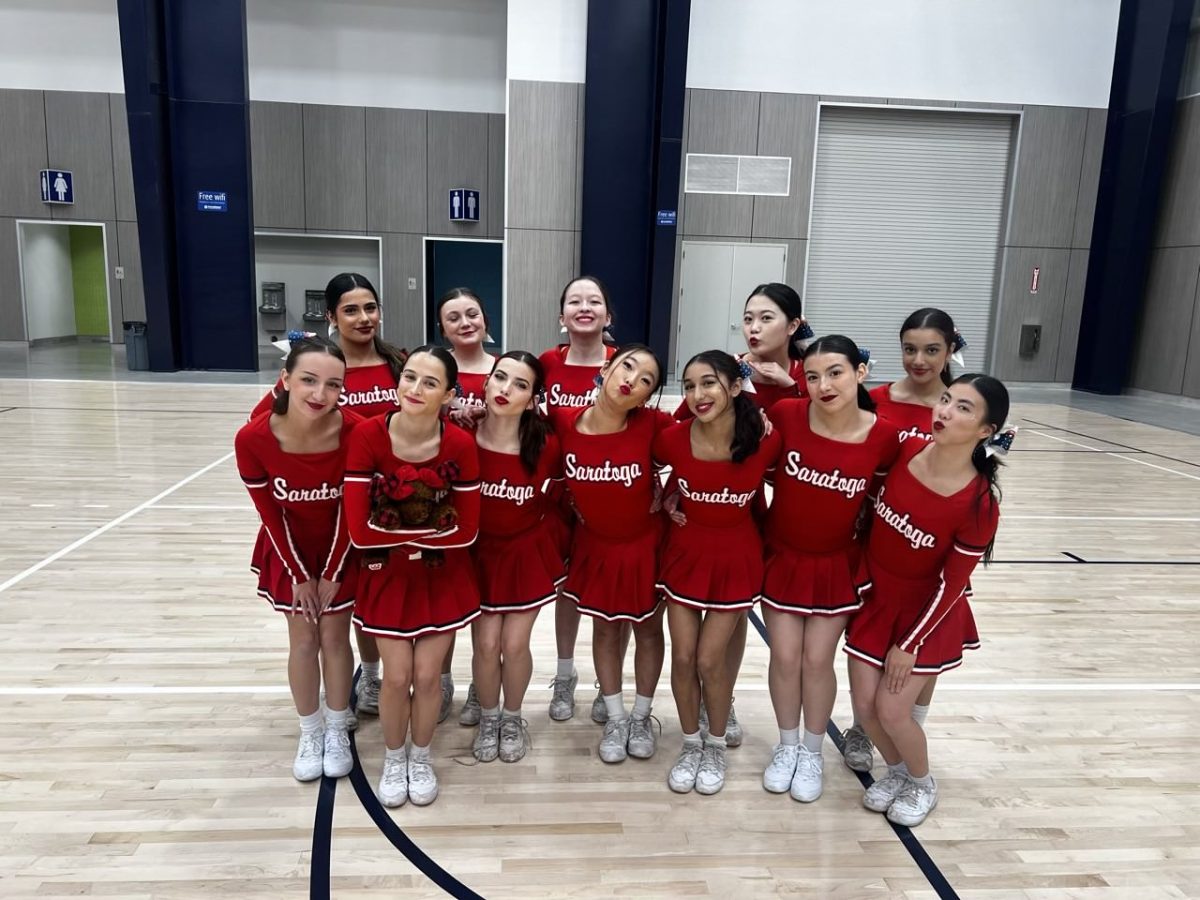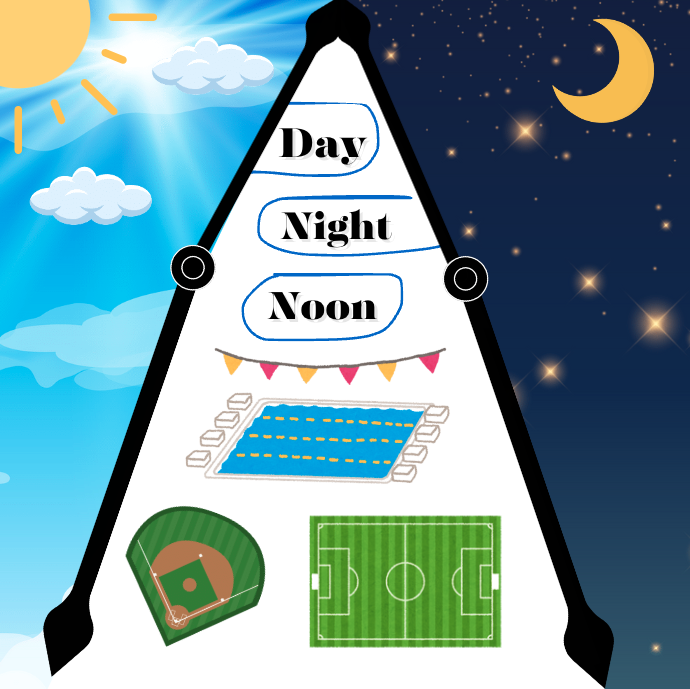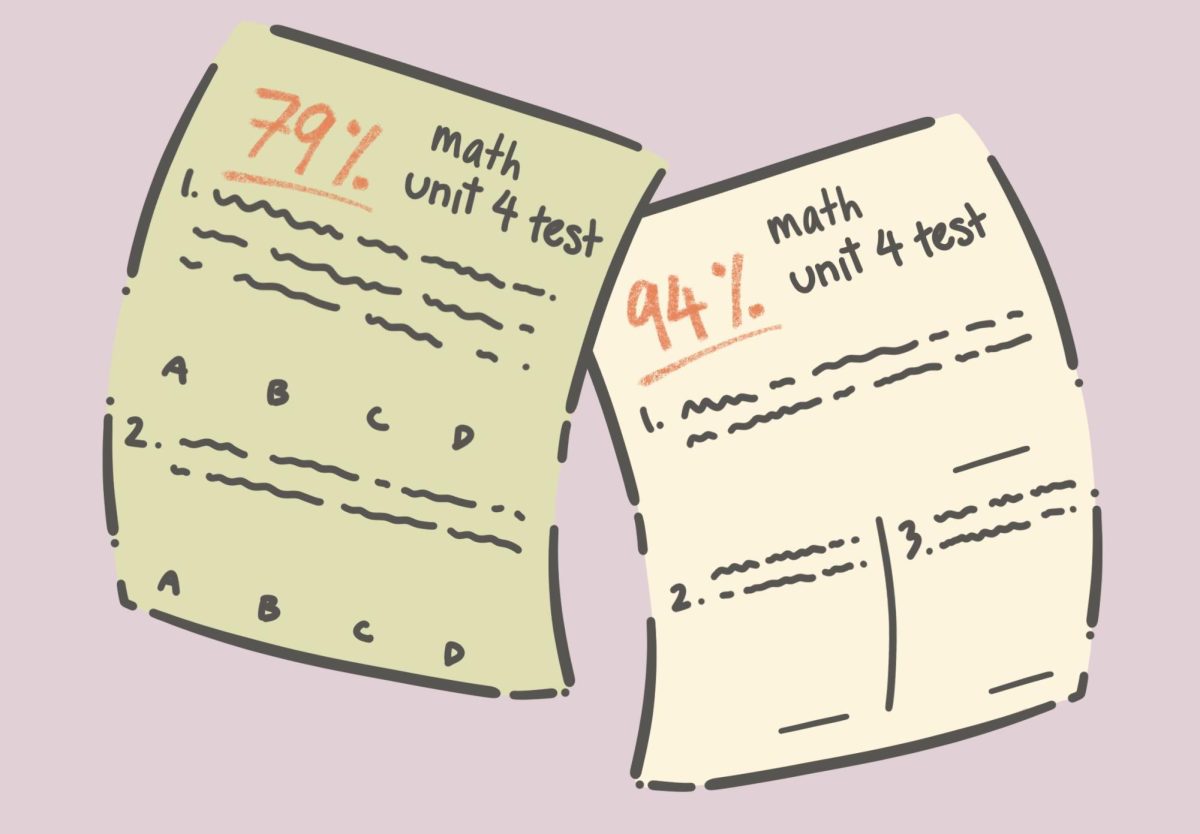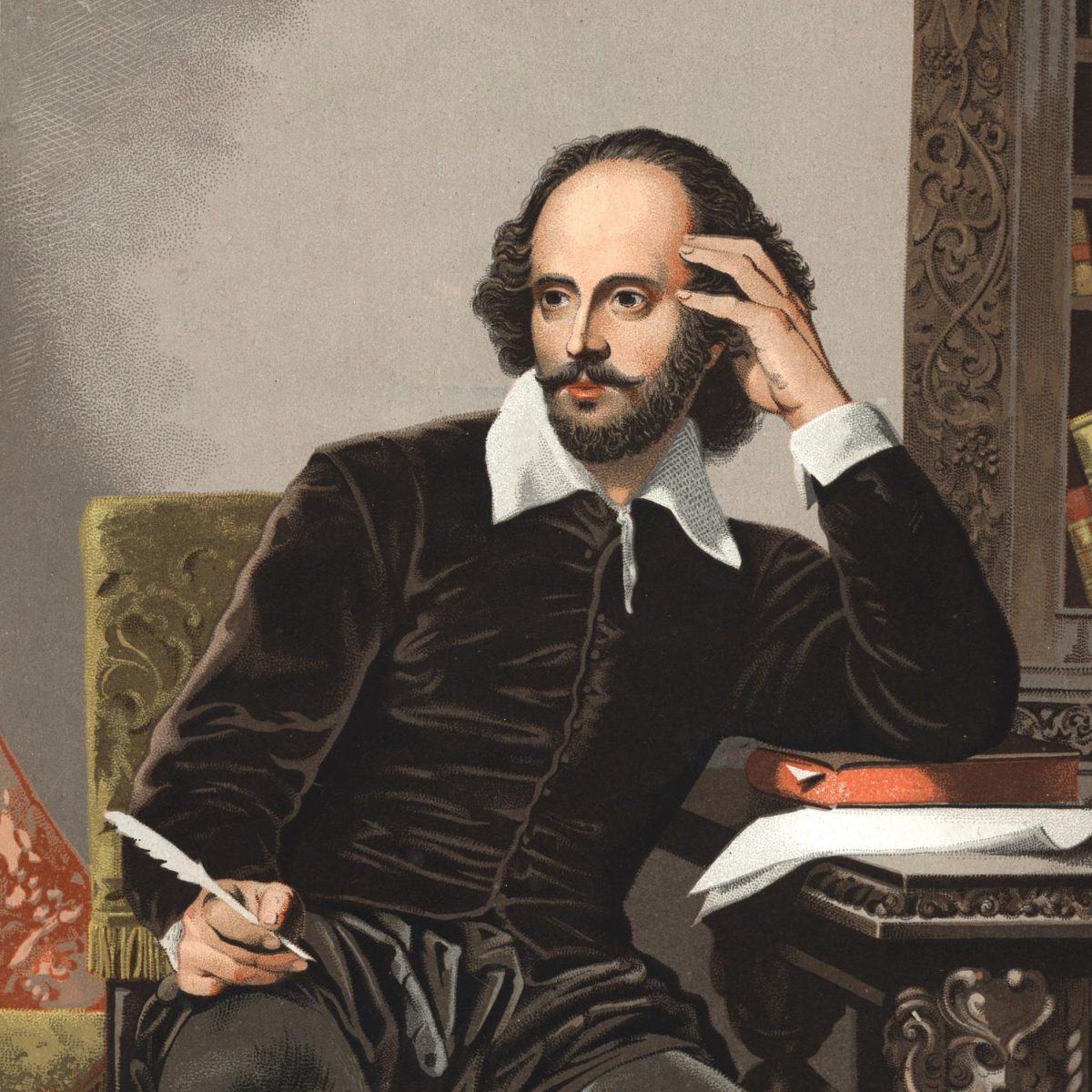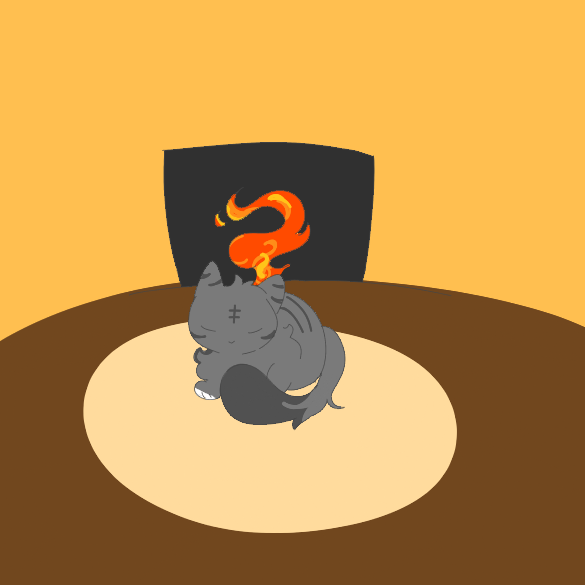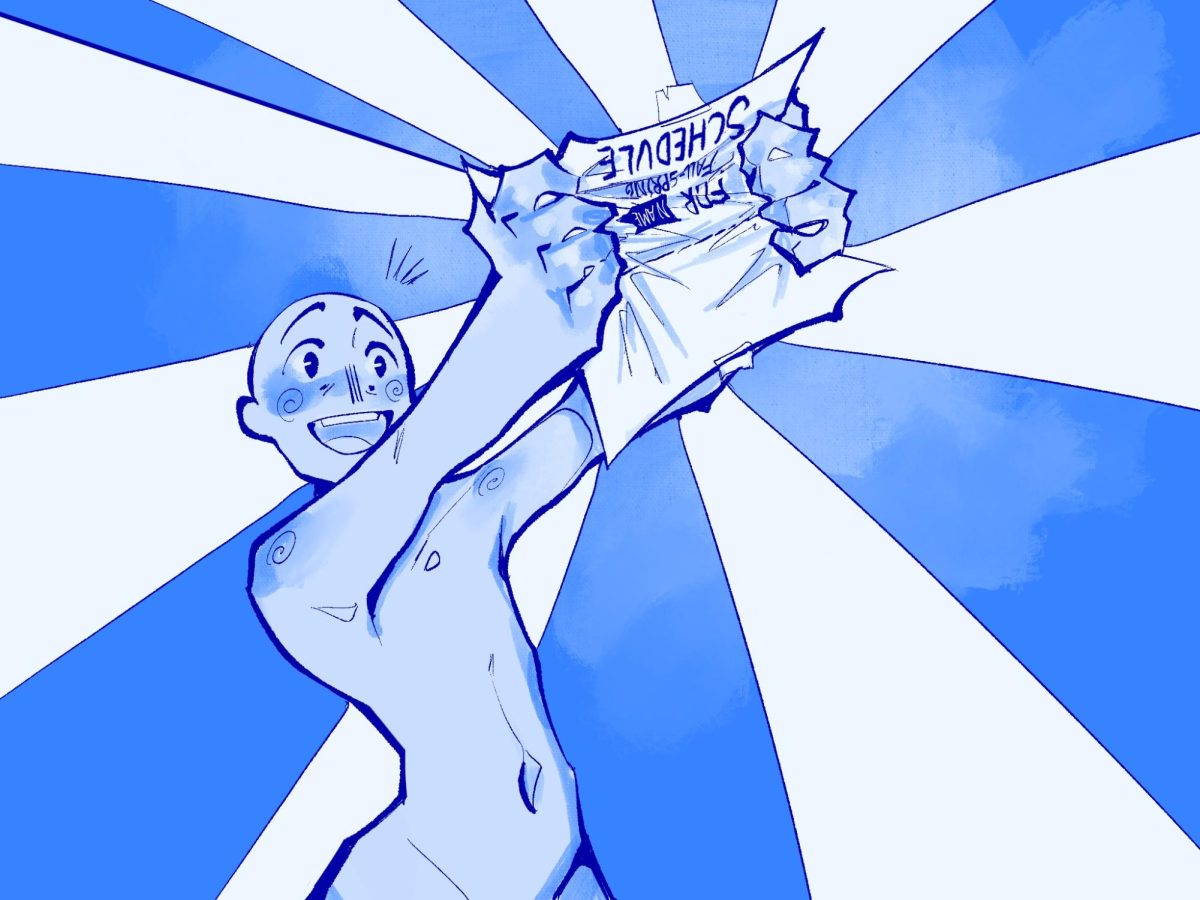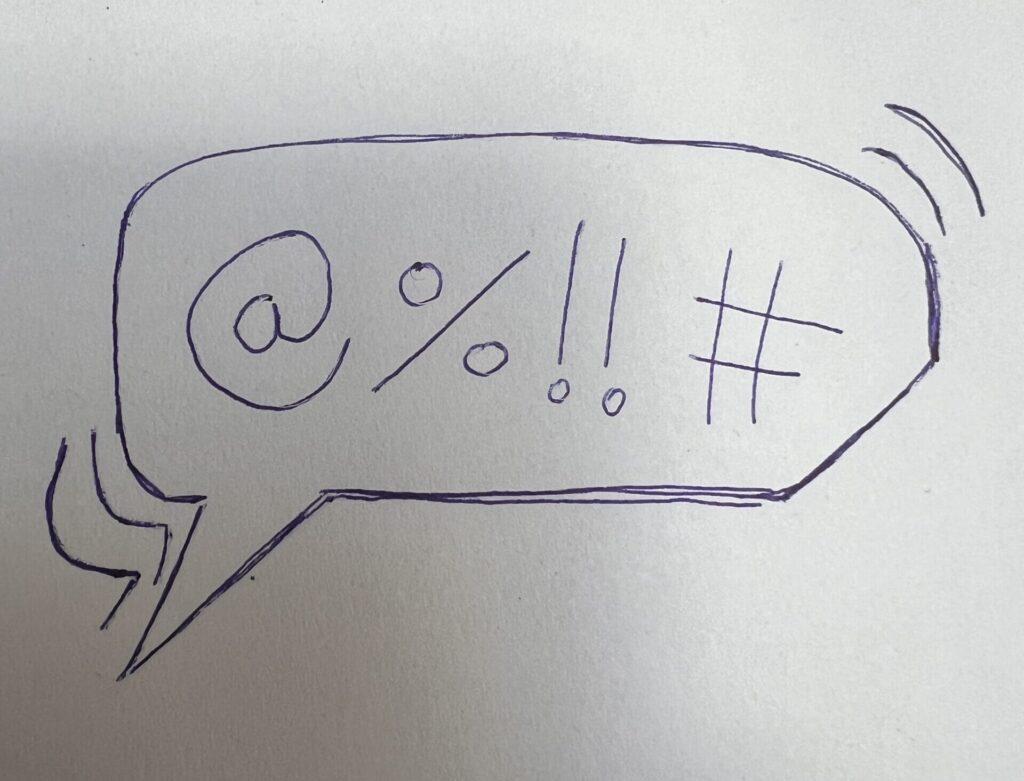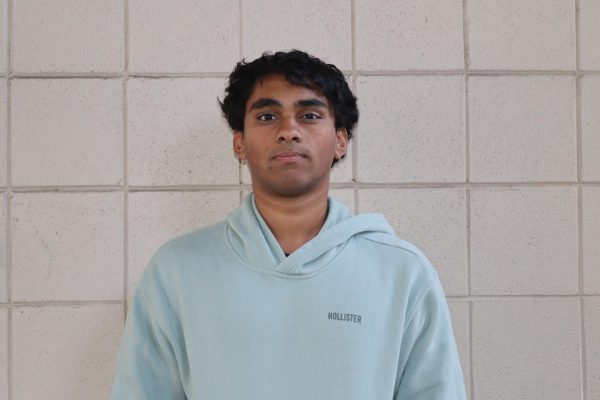Since I was a baby, I’ve religiously met up with my family friends every month, if not more often, allowing them to become some of my closest friends. Conversations with them often follow a fairly predictable structure: school, sports, politics and updates on life in general.
However, since the beginning of high school, casual conversations with those friends, who live in California cities with rising Indian populations like San Ramon, Pleasanton, Tracy and Mountain House, have been turned uncomfortable by the entrance of an unwanted actor: the n-word.
Since the first time I observed this disturbing trend in our conversations, I began to notice the daunting specter of its usage by Indian Americans everywhere I looked, whether it was in conversation with friends as far away as Seattle or as close as Los Altos. The epidemic of unfiltered N-word usage sweeping through Indian American youth is utterly unacceptable.
The N-word is an incredibly harmful term that was used for centuries to verbally assault African Americans, in conjunction with violent physical attacks, to degrade their dignity and humanity. The slur is inextricably linked to the horrors of slavery and the disgusting racism and segregation that continued to haunt the U.S., following the abolishment of slavery. The usage of the N-word remained widespread across America, serving as a tool of racism and as a derogatory way to refer to Black Americans until the 1990s, when it became largely stigmatized due to increasing awareness and activism surrounding racial justice.
Over time, the N-word — especially in its shortened form without the “hard r” — was reclaimed by the Black community and became a mainstay of post-segregation Black culture. In conversation and in Black culture, the N-word has become a casual term, functioning in many capacities, such as expressions of both endearment and casual reference.
However, the National Association for the Advancement of Colored People (NAACP) asserts that the word, particularly when used by non-Black people, is “dehumanizing,” and “invokes painful memories and inhumane ill-will,” firmly reprimanding its usage. Non-Black usage of the word often comes with serious, deserved consequences, including workplace repercussions and intense public backlash.
Why, then, does a new generation of Indian Americans feel comfortable saying such a word so uniquely charged with hatred? Further discussion with my friends yielded the information that large proportions of Indian Americans at their schools used the N-word colloquially without hesitation: One family friend who attends Mountain House High in Mountain House, with 57% of its 1,974 student population identifying as Asian, estimated that over 75% of Indian students at the school have used the N-word more than once.
This rise in Indian American youth using the N-word may have origins in the overwhelming desire to assimilate. Especially through the rise of hip hop, the N-word has seeped into Black culture, and Black culture plays a heavy role in American culture. Inundated by movies and television shows displaying casual usage of the N-word as typical and “cool,” Indian American teens may replicate the usage in an attempt to supersede their first or second generation immigrant identity.
Indian Americans often have a multitude of reasons to reject their own identity. In an era where racism is fiercely disavowed, thinly veiled racism against Indian Americans — which manifests in microaggressions like distasteful jokes about Indian culture — often passes by unemphasized. In such an environment, a teen may reject their own cultural identity in exchange for a “cooler” alternative. In addition, in a culture defined by hyperfocus on education and rigid rules, where Indian American parents may frown upon hip hop and Black culture as unruly and contrarian, the willfully ignorant Indian American teen may embrace the n-word as an expression of rebellion.
“Surprisingly, usage of the N-word is as prevalent in India as it is here,” one friend who moved to the U.S. in eighth grade told me. “They don’t understand the history, and it’s seen as something uniquely American. Everyone wants to be American.”
Most Indian Americans, however, are undeniably aware of the word’s connotations, and the pervasive harmful effects it triggers. The Indian American desensitization to the gravity of the N-word can be attributed to the attitude that the history of the word — which primarily exists in the context of White Americans’ oppression of Black Americans — does not belong to them. Indian Americans choose to ignore the harmful effects of the word, instead focusing on the cultural “clout” it grants them.
Regardless of the causes, usage of the N-word by non-Black communities is undeniably harmful. Usage of the N-word can cause trauma in those who have negative experiences with it, perpetuating cycles of marginalization and oppression. It can also serve to heighten tensions between minorities in an atmosphere where Asian Americans are already pitted against Black Americans.
In the latest rendition of the model minority myth, Indian Americans, who are now the top earners in America, are increasingly becoming tools to invalidate the notion of institutionalized racism. When social justice advocates point out structural issues within society that hinge on the axis of race, counter advocates point to other successful minority groups to imply that racial issues are no longer pertinent. Historically, stratagems like the model minority myth have been used to stoke the flames of hostility between Asian Americans and other minority groups, which manifested itself in events like the 1992 Los Angeles riots. In such an environment, Indian American usage of the N-word merely serves to sow more division.
“At the end of the day, Indian Americans have absolutely no right to be using the N-word in any capacity whatsoever,” junior Armon Vuppala said. “It reflects badly on the whole community.”
The rising use of the N-word by Indian American teens may be a symptom of a variety of ills within the Indian American community, including racism directed at Indian Americans or a deep seated desire for assimilation. Ultimately, however, Indian American usage of the N-word is evidence of one factor only: a purposeful ignorance for the charged, traumatic history of the word and a callous disregard for the modern-day consequences of its usage.
Usage of the N-word by anyone, especially other minorities, is a disgraceful phenomenon that must be stopped before it becomes any more prominent than it already is.


